I. Introduction
OpenAI’s ChatGPT is a cutting-edge language model developed by OpenAI. It is based on transformer architecture and has been trained on massive text data, allowing it to generate human-like text. We have read about GPT’s ability to rule the world. ChatGPT can be used for tasks such as question answering, conversation generation, and text completion. OpenAI ChatGPT vs Google is the debate of the decade. Artificial intelligence (AI) and natural language processing (NLP) are becoming increasingly common. With the help of AI and NLP models, customer service, marketing, and finding information have come a long way. AI and NLP technology is becoming more common and is expected to grow even more in the future.
The purpose of the article: To discuss whether OpenAI ChatGPT will replace Google
Can ChatGPT replace Google? OpenAI ChatGPT vs Google is a tech cold war. This article will investigate the capabilities of ChatGPT and whether it has the potential to replace Google as the dominant search engine. We will compare the functionality of ChatGPT and Google and analyse the impact that ChatGPT’s advancements may have on Google’s search engine. By discussing these topics, the article will give readers a better understanding of AI technology and NLP models’ role in shaping the future of search engines.
II. Comparison between OpenAI ChatGPT and Google
A. Functionality of OpenAI ChatGPT and Google
We have seen a full comparison of Google’s LaMDA and OpenAI’s GPT in the past. The ChatGPT language model can produce natural-sounding text and provide insightful responses to queries. On the other hand, Google is a search engine that returns accurate results when users use it. ChatGPT gets answers from its training data and language understanding, while Google ranks and shows information based on how relevant it is using a complicated algorithm.
B. Advantages and limitations of each platform
Google’s strength lies in its ability to quickly and accurately respond to a wide variety of questions because of its access to so much data. However, the information on the internet can sometimes restrict Google’s search results. There are several limitations to OpenAI’s GPT. The fact that OpenAI ChatGPT can create text that sounds natural is a plus, but the training data limits how accurate and up-to-date its answers are.
C. Capabilities and limitations of each platform for answering questions
Google can give reliable answers to many questions because it constantly updates its algorithms. This makes sure that users always get the best results. Sometimes it needs help figuring out how to respond to questions that require more thought or are more free-form. While OpenAI ChatGPT can answer questions, its information is limited to what it was trained on, so the results may only sometimes be reliable. Also, ChatGPT might not be able to answer questions requiring a lot of knowledge about a specific topic.
III. The impact of OpenAI ChatGPT on Google
A. OpenAI ChatGPT vs Google
ChatGPT has the potential to seriously undermine Google’s position as the industry standard search engine. As AI and NLP technology improves, ChatGPT and other language models can answer a broader range of questions more accurately and in a way that makes sense. This could change how people look for information and, as a result, make Google and other well-known SEs less popular.
B. How ChatGPT’s advancements will affect Google’s search engine
The OpenAI ChatGPT vs Google debate is not going to end soon. ChatGPT has the potential to become a powerful tool for answering questions and making the text sound natural if it keeps getting better. Because of this, its popularity may rise while that of Google’s search engine falls. Search engines like Google will also need to change to remain competitive, possibly incorporating language models like ChatGPT into their algorithms.
C. Potential future developments in NLP and AI technology that may impact Google’s dominance
There will always be changes and improvements to NLP and AI technology in the future. For example, more advanced and valuable models like OpenAI ChatGPT will be made if language models can better understand context and knowledge. This could hurt Google’s market share even more and cause people to switch to search engines powered by artificial intelligence. Companies like Google must keep up with changes in technology and change how they do business as a result.
IV. Overview of Google’s AI models
A. Explanation of Google’s AI technology and NLP models
Google has a long history of spending money on artificial intelligence and natural language processing models. When we compared DeepMind and OpenAI, we learned about Google’s capabilities to stay on top of the data industry. The company has created several AI models that find use in a wide range of Google products. Google, for example, has used AI-based models for many things, such as search engine rankings, recognizing images and speech, translating languages, and more. Google’s AI models aim to make searching better by giving more accurate and relevant results.
B. Key features of Google’s AI technology and NLP models
Google’s machine learning and natural language processing are known for how quickly and accurately they can process vast amounts of data. Moreover, the models can interpret and process natural language, facilitating end users’ information discovery. In addition, Google’s AI tech is built to scale, so it can be implemented in various products and services.
C. Comparison of Google’s AI technology with OpenAI’s models
Google’s NLP models and AI tech are state-of-the-art due to the company’s extensive investment and development over many years. To contrast with Google’s AI models, OpenAI can generate human-like text through tools like ChatGPT. The OpenAI models are also meant to be more flexible and modular, so they can be used in a broader range of situations.
The AI technology that Google made and the models that OpenAI made might have different features and abilities. Still, they are both examples of state-of-the-art AI and NLP technology propelling the field forward. Ultimately, the competition between Google and OpenAI’s AI models will spark new ideas and lead to ground-breaking improvements in AI and tools that process natural language.
V. Overview of OpenAI’s AI models
A. Explanation of OpenAI’s AI technology and NLP models
OpenAI is at the forefront of developing new AI technologies and natural language processing models. Their flagship model, ChatGPT, is a language model that uses transformers to produce natural-sounding text. In addition to models for speech recognition and generative art, OpenAI has created various other AI models as well.
B. Key features of OpenAI’s AI technology and NLP models
OpenAI’s AI technology and NLP models stand out from the crowd because of their ability to produce natural-sounding text. The models developed by OpenAI are also highly versatile and extensible, so they can be used in a wide variety of contexts. Models can efficiently process massive amounts of data, a feature essential for search and information retrieval.
All things considered, OpenAI’s AI technology and NLP models are some of the most cutting-edge AI available today. They could be used in a wide range of industries and applications, and their effects could be far-reaching. OpenAI’s AI technology, whether ChatGPT or other models, is positioned to play a pivotal role in developing AI and NLP shortly. Both are well established, which is why the ChatGPT vs Google war will not end easily.
Capabilities
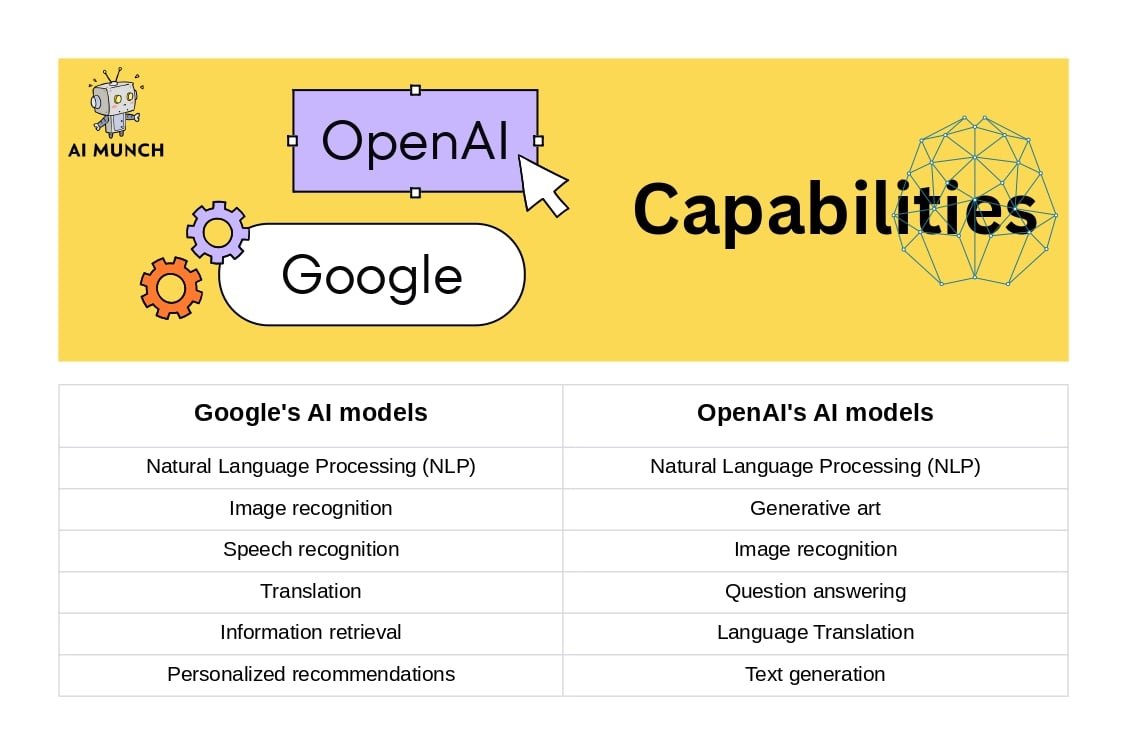
Advantages
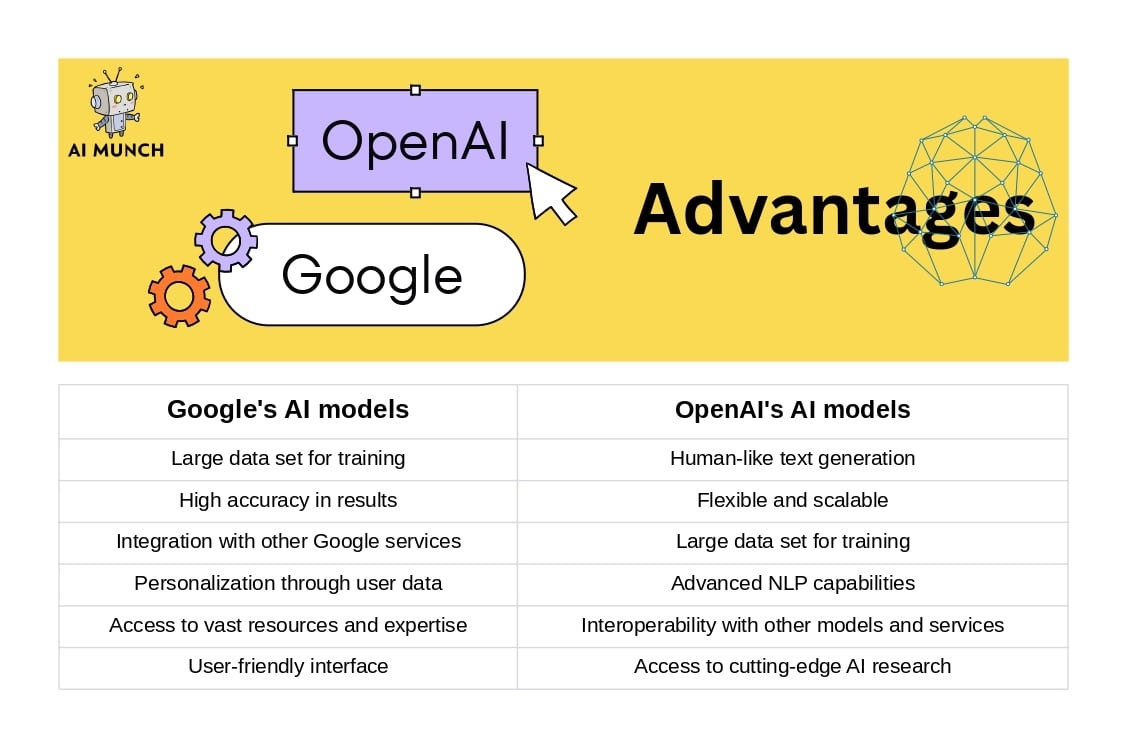
Limitations
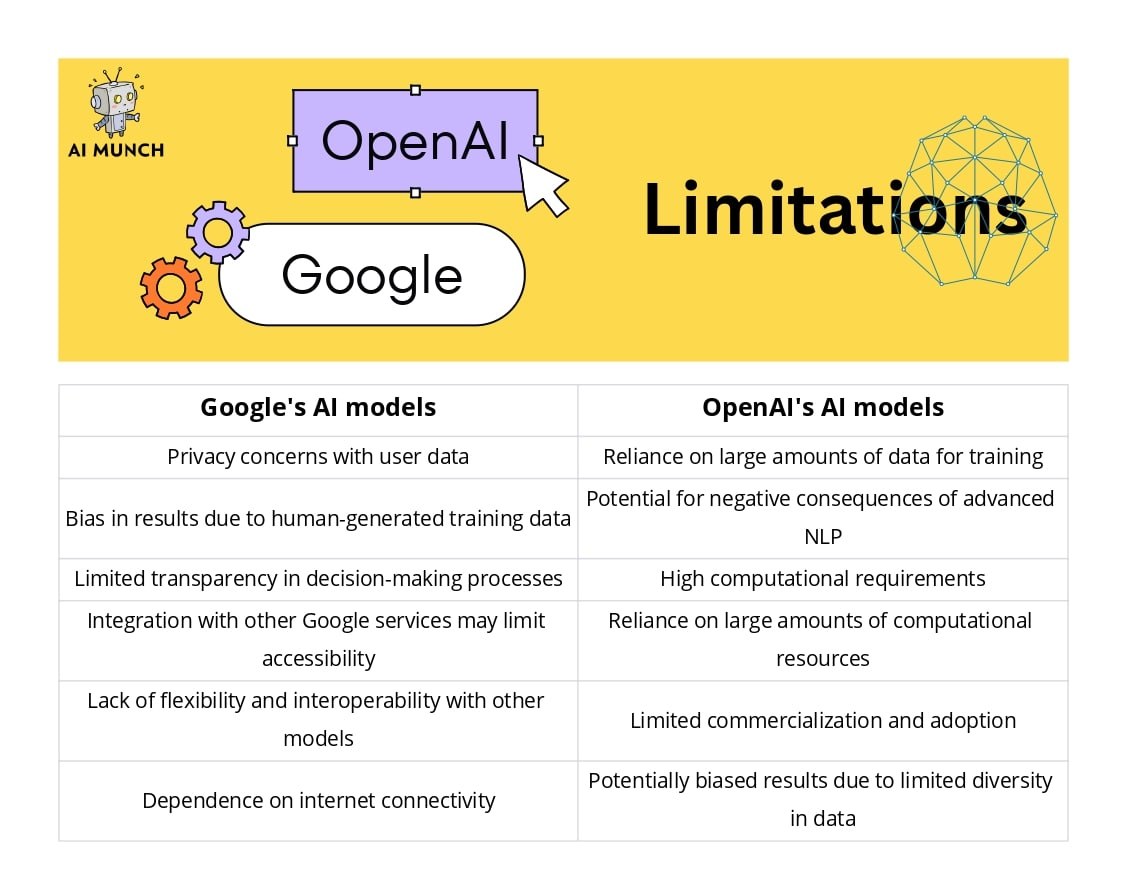
Conclusion
We tried to end the long debate on OpenAI vs Google. This essay mostly used ChatGPT and Google’s differences to show that AI technology and NLP models are becoming increasingly popular. The effects of OpenAI ChatGPT on Google are discussed, and each platform’s features, abilities, and limits for answering questions are explained. The essay also serves as a primer on the natural language processing (NLP) and artificial intelligence (AI) models developed by Google and OpenAI.
A. Final thoughts on the future of OpenAI ChatGPT and Google
ChatGPT and Google’s AI models will be crucial for the future of AI and natural language processing. Competition between the two platforms will spur innovation and lead to new improvements in AI and NLP technologies, but it’s unlikely that ChatGPT will totally replace Google. Increased adoption of AI technology across various sectors and uses will also have far-reaching future consequences for our culture.
B. The significance of staying informed about advancements in technology and their impact on society
Because of the potential significance of recent advances in artificial intelligence and natural language processing, people and institutions must keep abreast of the latest news in these fields. This will aid in ensuring that AI technology is used responsibly and ethically. It will also assist individuals and businesses in making informed judgements about how to best utilise these innovations to further their aims.
To sum up, the future of ChatGPT and Google will depend on how AI and NLP technology develops and how much competition there is between ChatGPT and Google. To fully understand AI and use it to its fullest potential, it is important to keep up with new developments and how they affect society. I am sure after understanding these points, you will get the answer to “Can ChatGPT replace Google or not?” ChatGPT vs Google is good, but only if these giants compete on who will make our lives better first.
FAQs
DeepMind, IBM Watson, Microsoft, Amazon, and Google are some of OpenAI’s competitors.
It is unclear what will replace Google, as technology and the internet are constantly evolving.
Which one is better, OpenAI or DeepMind depends on your needs and use cases. Both companies have good and bad points, and the user or organization’s choice will depend on their needs or goals.
No, Android does not use GPT.
No, it is unlikely that ChatGPT will replace Google. While ChatGPT is a highly advanced language model, it is still limited in scope and has not yet shown the ability to replace Google’s search engine fully.
GPT-3 is considered to be one of the most advanced language models to date, but there may be other AI models that surpass it in the future.
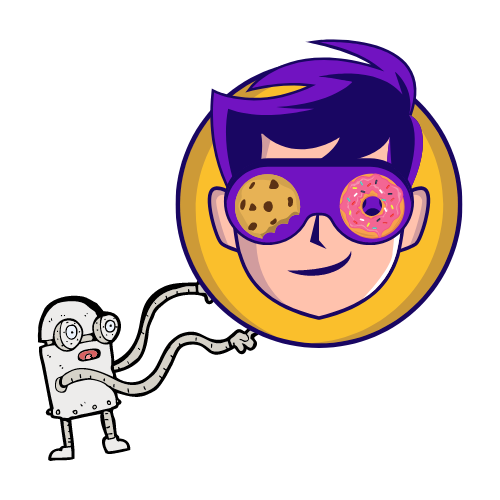


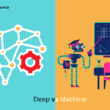


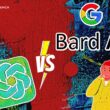
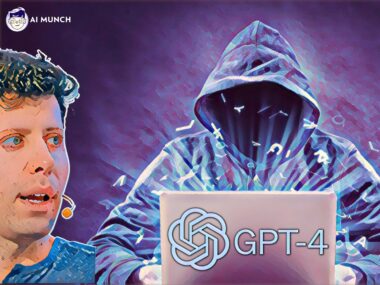



6 comments